
Mastering everyday stress: How to recognize and deal with stressful...
Find out how you can identify your daily stressful situations and navigate the ups and downs of everyday stressors with ease.
Lifestyle
It is a global challenge that anybody can be a part of, and there's a number of ways you can get started!
Here’s a few easy ways you can make a change right now:
Recycling is a great first step since it can prevent waste from ending up in a landfill and the ocean.
Recycle as much of your trash as possible and keep an eye out for local collection points that help recycle old clothes, empty batteries, broken lightbulbs, old tech, cooking oil, etc..
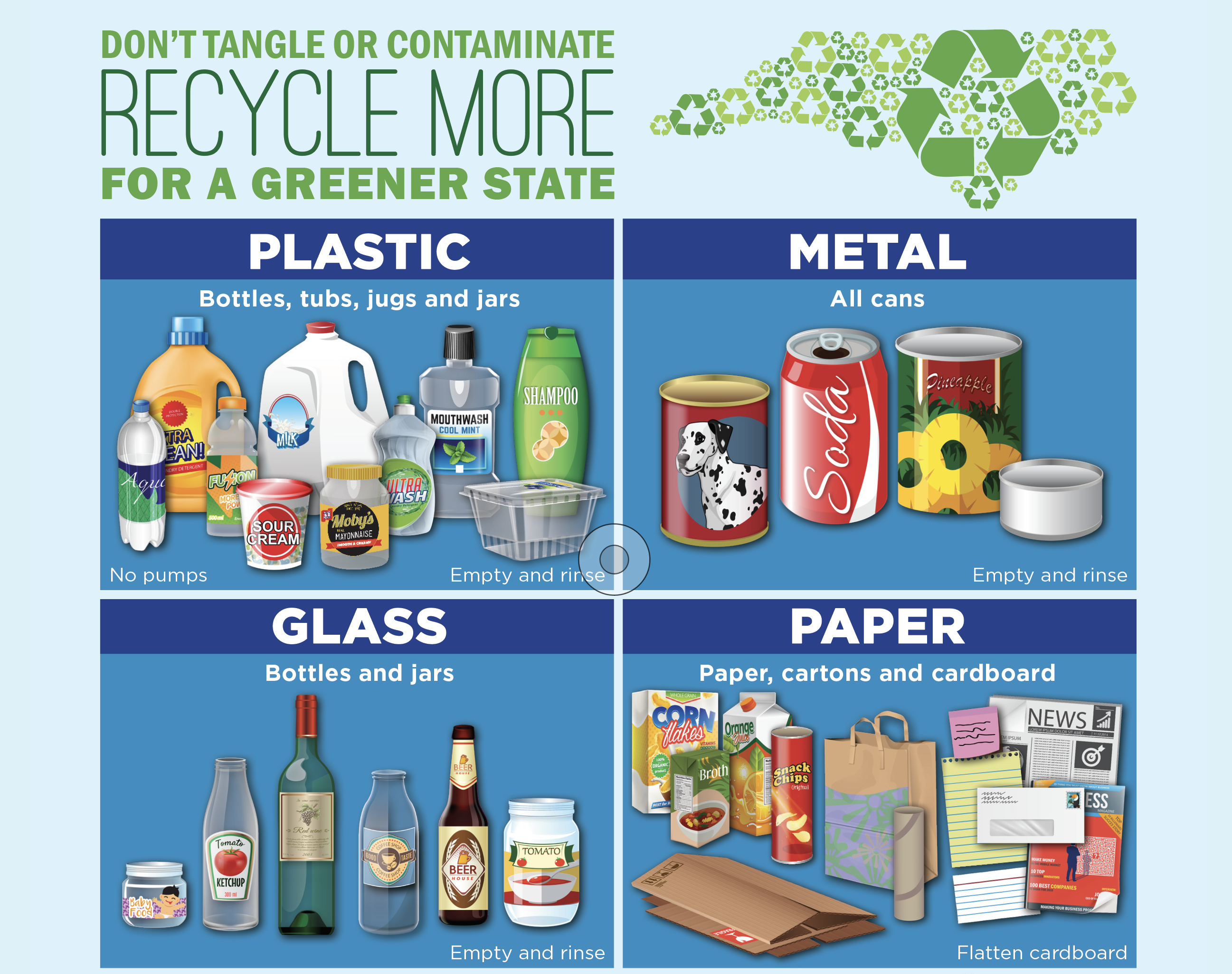
If you're not sure where to start, check out the social media of your local organizations or municipality or join World Cleanup Day for more information on the clean-ups being organized in your country.
Or create your own!
If you already know a place that could use a clean-up, organize one with your friends and join the #trashtag challenge
And if you think that cleaning up one place can't possibly make a difference to anything, here's some inspiration:
Reusable bags are a great first step.
They’re small and can fit into any bag or backpack, so you can always have one with you. They can be washed and reused for years.
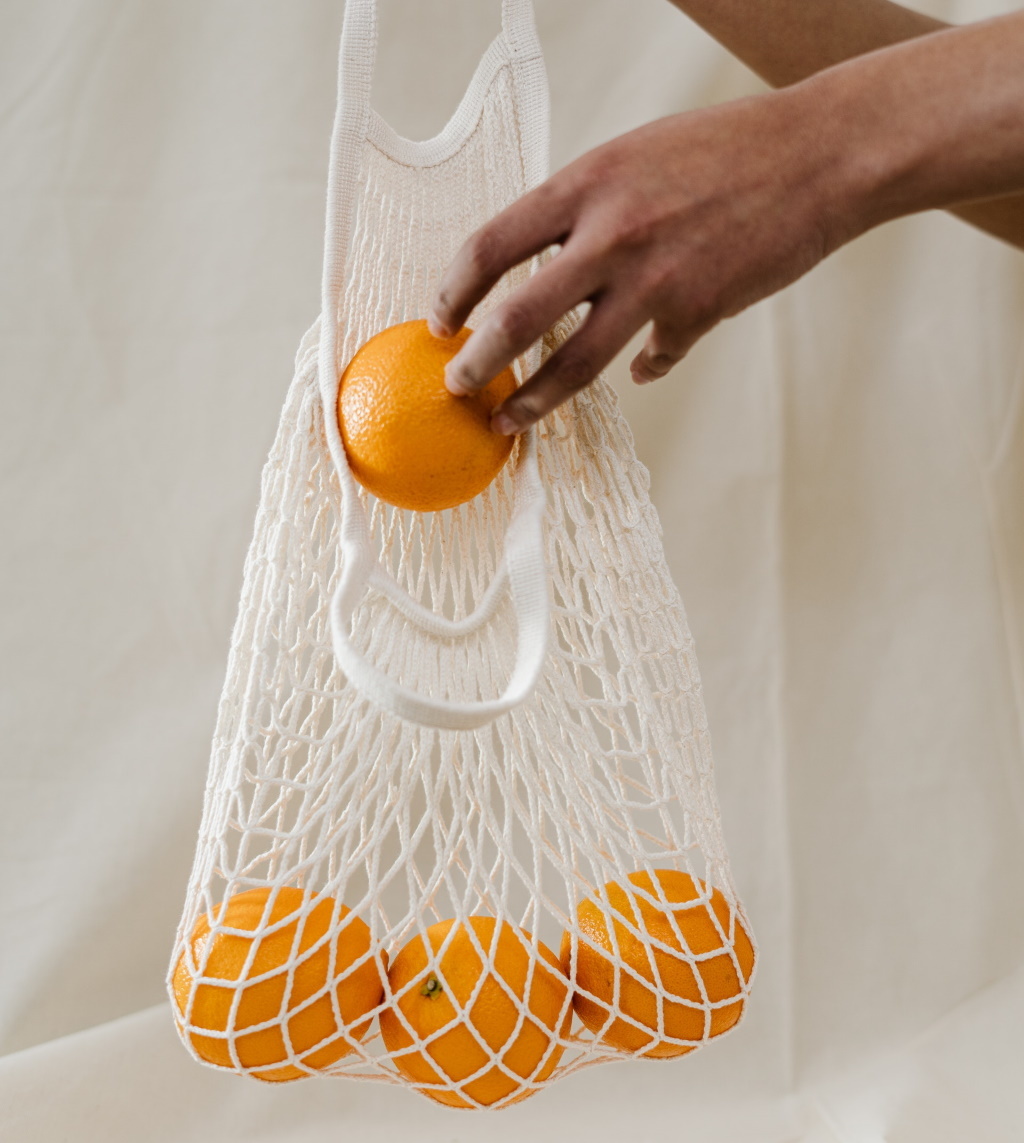
And you’re not only saving the environment, you’ll also save some money since almost every store now charges a fee for bags!
The same applies to water bottles.
Only 31% of plastic bottles are recycled, so use an aluminum bottle or a refillable plastic bottle instead. You can refill one as many times as you like and will end up saving a fortune, especially in the summer.
Single-use packaging represents about 40% of plastic waste in the world.
Items like water bottles, plastic cups and straws, utensils, and take-out containers, produce packaging are all plastics that only get used once and then become waste.
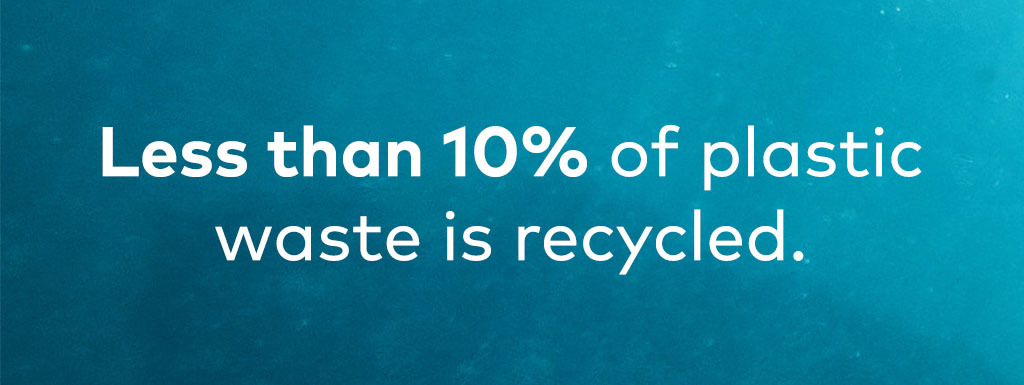
Instead of just accepting these, look for packaging alternatives. Some shops can fill your own container, while others offer products that are packaged in recycled and recyclable containers.
Fashion is more accessible than ever, thanks to social media and online shopping. It’s also the second-largest polluting industry, right after oil.
Traditional fashion followed the seasons, and most companies came up with 4 different collections per year. With fast fashion, which offers cheaper, faster production this changed and today, companies can come up with as many as 50 micro-seasons per year.
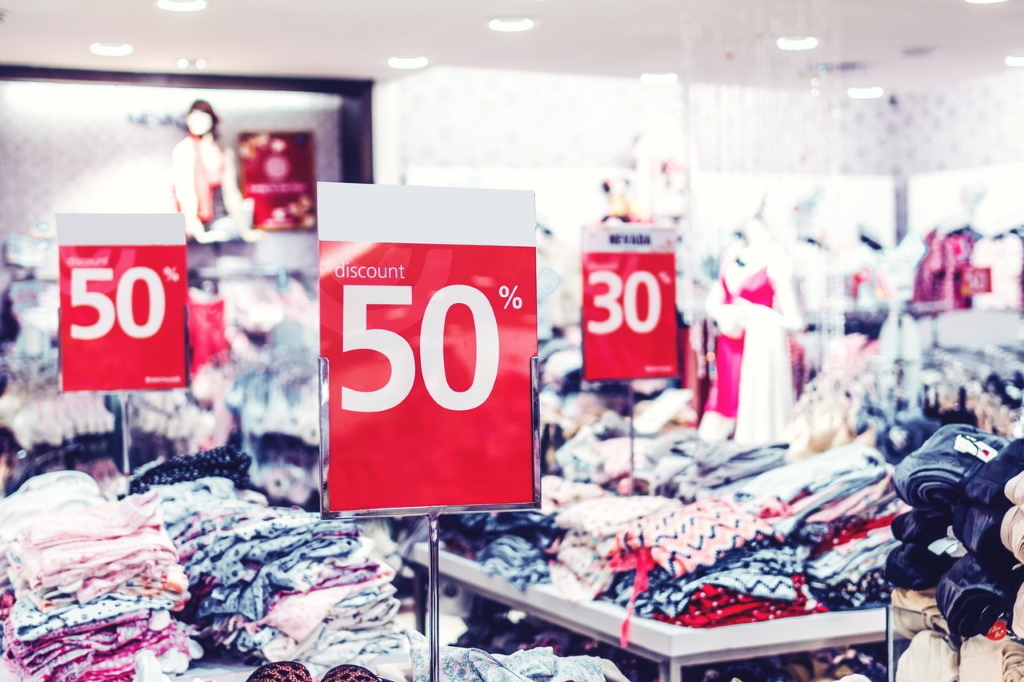
This business model is completely unsustainable and wreaks havoc on the environment as well as the underpaid workers making all our clothes.
Fast fashion is mostly made with cheap, artificial materials that cannot be recycled and pollute the waters with microparticles during each cycle in the washing machine.
Buy sustainable
Many fashion brands are turning to a more environmentally friendly method, both in their production as well as in the materials that they use.
They implement different practices that include:
Shop thrift
Apart from not buying new clothes, thrifting is the best way to reduce the fashion industry’s impact on the environment.
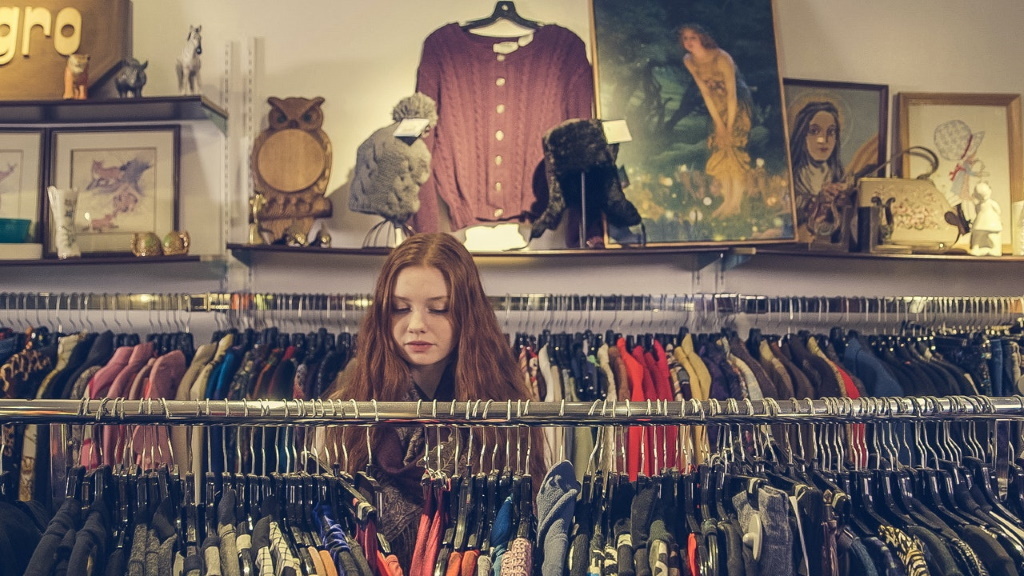
It is also a great way to find quality clothes (some even from high-end designers!) at a fraction of their original cost.
Did you know that tiny plastic particles can also be found in your cosmetics?
They're called microbeads and can be found in face scrubs, body washes, and toothpaste. And through the sewer system, they have a direct line to our waterways.
But microbeads are just the tip of the iceberg; common household products are filled with chemicals that are harmful to the environment and can cause damage too.
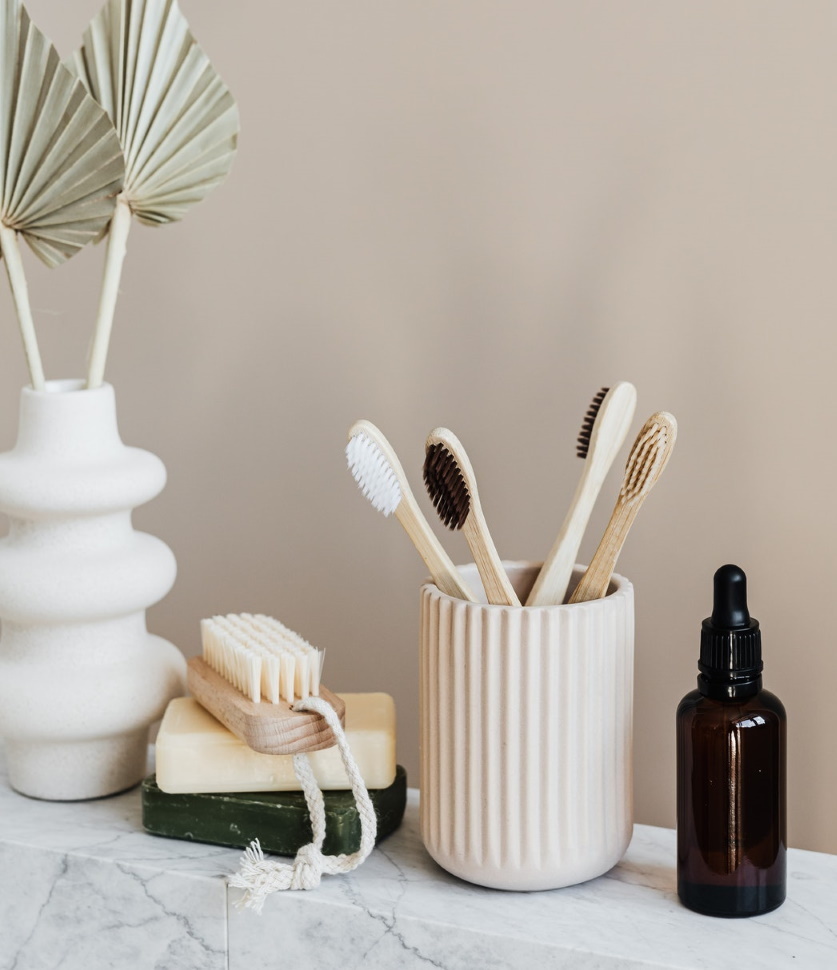
Next time you’re buying cosmetics or cleaning products have a closer look at the ingredients and warnings on the labels. Environmentally friendly alternatives are already widely available and will clean your home just as well as the heavy-duty chemical ones.
And you won’t just be helping the environment directly; your shopping habits drive company decisions, so the more you shop environmentally friendly products, the more you impact the production process as well.
Reduce • Reuse • Recycle
Recycling is a good first step, but you can do even better. There are 2 more Rs that you can work on before you even start recycling.
You can reduce how much you buy and consume.
Before you buy something, think about what you already have at home.
Is there anything that you already own that could do the job just as well?
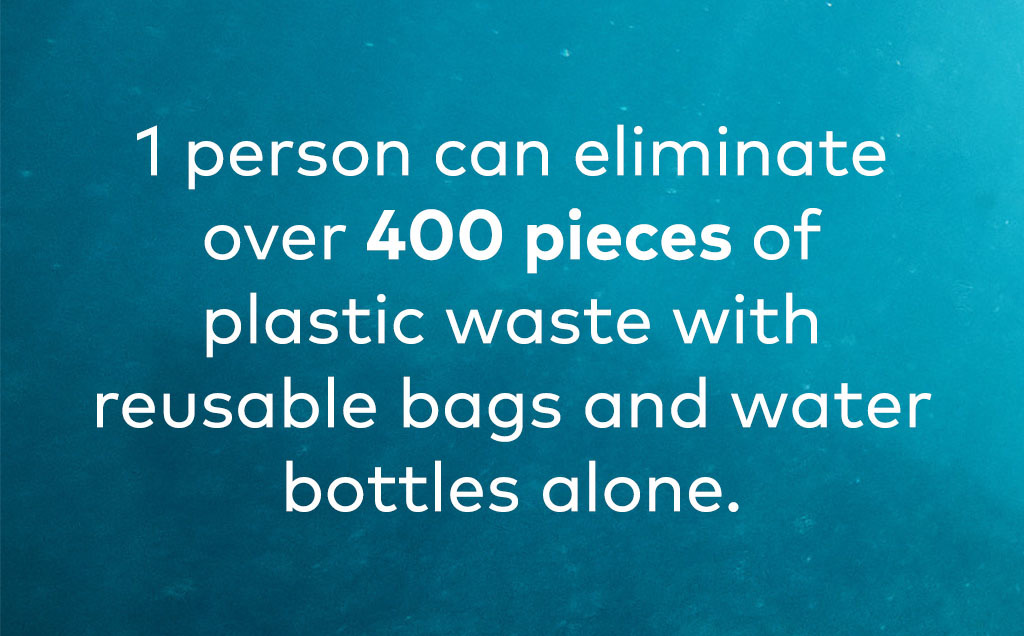
Repurpose the things you already have at home will benefit the environment as well as your wallet!
Next, reuse anything that you buy for as long as possible.
Do your best to reduce the amount of waste you generate, even before you recycle it.
Sources:
• Earth Day – Single-Use Plastics • Ecowatch – Ghost Fishing Gear Greenpeace Report • National Geographic – Plastic Planet Waste Pollution Trash Crisis • National Geographic – Plastic Produced Recycling Waste Ocean Trash Debris Environment • Nature – Great Pacific Garbage Patch Accumulating Plastic • Phys – Ghost Fishing Gear: The Trash Haunting Ocean Wildlife • Phys – Ocean Acidification And Human Health • Some Vegan Facts • The Guardian – Dumped Fishing Gear Is Biggest Plastic Polluter • The New Plastics Economy – Rethinking The Future Of Plastics • The Ocean Cleanup – Great Pacific Garbage Patch • WWF – Removal Of Ghost Nets

Mastering everyday stress: How to recognize and deal with stressful...
Find out how you can identify your daily stressful situations and navigate the ups and downs of everyday stressors with ease.

How to identify everyday stress: 5 most common daily stressful...
Recognizing and dealing with the subtle influence of tiny stressful situations helps us develop a more balanced daily life.

Meet the Perfectly Imperfect CARD Spot wallet tracker
Choose to use something less than perfect and discover how a perfectly imperfect Chipolo CARD Spot can transform your life every time you can’t find your wallet!

8 Affordable Gifts For Super-Forgetful Friends
If your loved ones struggle to keep things in mind, put a smile on their face with a helpful gift that will make their daily life easier (and yours probably too!)
It seems like you are on the wrong store compared to your location. Please select your location from the dropdown menu.
| SIZE | S | M | L | XL | XXL |
|---|---|---|---|---|---|
| Body length (A) | 70 | 72 | 74 | 76 | 78 |
| Chest Width (B) | 49 | 52 | 55 | 58 | 61 |
| Sleeve length (C) | 21 | 22 | 23 | 23 | 24 |
| SIZE | S | M | L | XL | XXL |
|---|---|---|---|---|---|
| Body length (A) | 27,6 | 28,3 | 29,1 | 29,9 | 30,7 |
| Chest Width (B) | 19,3 | 20,5 | 21,7 | 22,8 | 24,0 |
| Sleeve length (C) | 8,3 | 8,7 | 9,1 | 9,1 | 9,4 |
Compare Chipolo products
| ONE & CARD | ONE Spot & CARD Spot | ONE Point & CARD Point |
|---|---|---|
| Available | ||
| Preorders only | ||
| App | ||
| Chipolo app |
Apple Find My app |
Google’s Find My Device app |
| Color | ||
| 6 color choices | Almost black | Off white |
| Finding network size | ||
| 5 million | Hundreds of millions | Hundreds of millions |
| Ring phone feature | ||
| Change ringtone | ||
| Out of range notifications | ||
| Advanced | Basic | |
| Sharing | ||
| Best for | ||
| Finding misplaced items, left behind alerts | Locating items globally | Locating items globally |